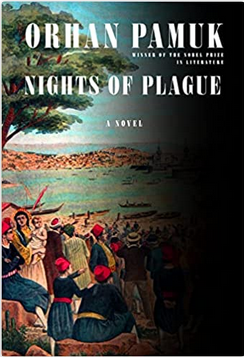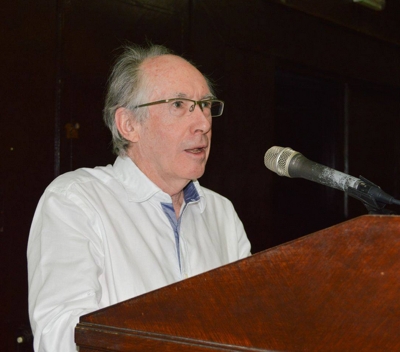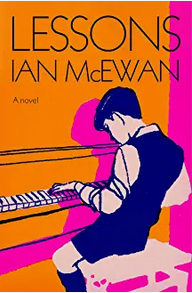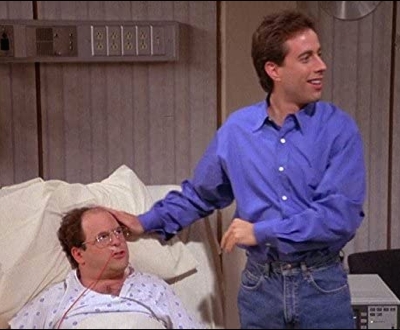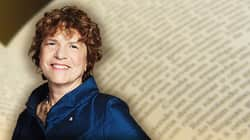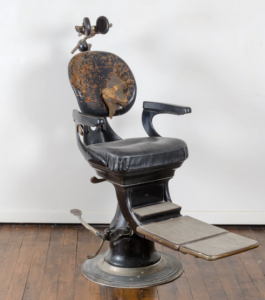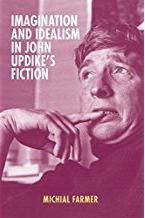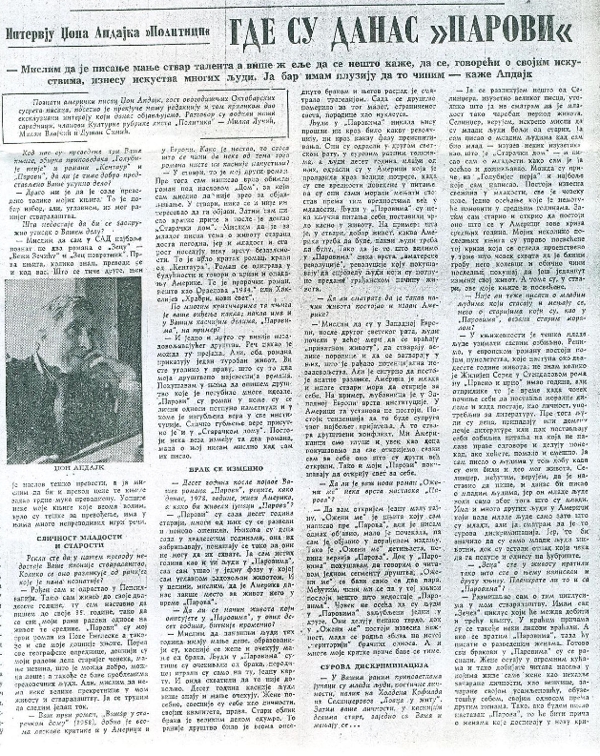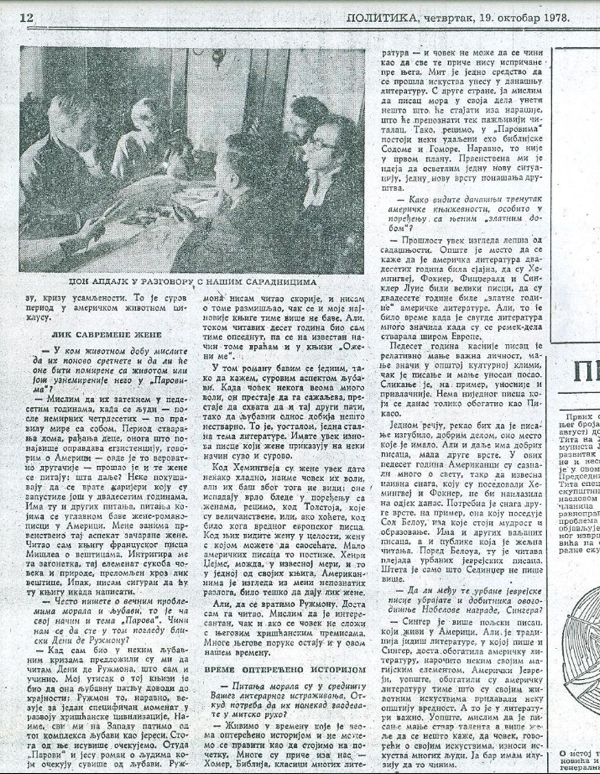Turkish novelist and playwright Orhan Pamuk, who was awarded the 2006 Nobel Prize in Literature, is now his country’s best-selling and most prominent writer. His books have sold more than 13 million copies internationally, with Snow, a novel that captures the sociopolitical milieu of 21st-century Turkey, drawing extra attention for its narrator, whom readers are meant to interpret as Pamuk himself.
Pamuk talked with The Saturday Paper writer Amal Awad about his most recent novel, Nights of Plague, which he began before the pandemic and which Awad described as a “historical murder mystery set on the imaginary Mediterranean island of Mingheria during an epidemic” of bubonic plague, adding “it’s Pamuk’s Moby-Dick, weighing in at nearly 700 pages.”
During their interview, Awad said that they talked “about criticism—both literary and hate speech—how the Turkish media is full of people expressing their hatred of him. ‘They haven’t read anything [I’ve written] and I’m proud to say that,’ Pamuk says, laughing. ‘If a literary criticism hurts, there are two criteria. One, it damages economically, the book won’t sell; that is very bad. And the other is you actually have a high opinion of this person and you want his approval.’
“Pamuk rarely worries about the latter nowadays,” Awad wrote, “but he says he has benefited from literary criticism and acknowledgment from his elders throughout his life. ‘John Updike made me famous in the United States,’ he says. ‘A critic who is 30 years older than me, made me in Turkey. There’s always been good, nice critics.'”
Read the whole article.

